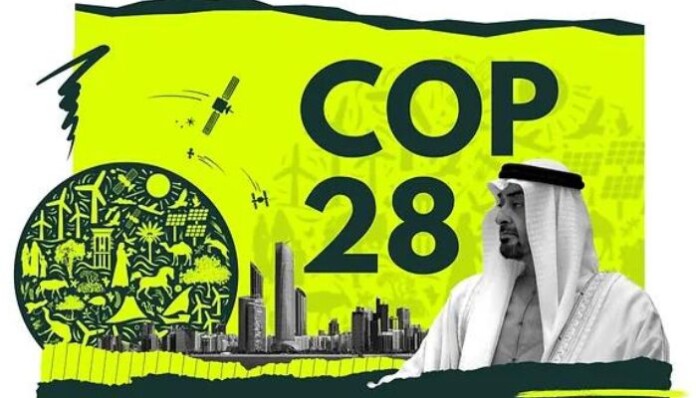Is COP 28 going to be a landmark gathering for stopping the runaway climate crisis? Most world leaders say yes given that for the first time, despite heavy resistance, the COP 28 declaration, or ‘The UAE Consensus’ has been named the chief villain. So be it if just naming the villain can be termed a victory. Its co-conspirators – coal and gas – are yet to be named. Perhaps soon!
To Ani Dasgupta, president of the World Resources Institute, “Fossil fuels finally faced a reckoning at the UN climate negotiations after three decades of dodging the spotlight. This historic outcome marks the beginning of the end of the fossil fuel era. Despite immense pressure from oil and gas interests, high-ambition countries courageously stood their ground and sealed the fate of fossil fuels.
A critical test is whether far more finance is mobilized for developing countries to help make the energy transition possible. The climate summit in Azerbaijan next year must be one for the history books when the world finally shifts the scale of climate finance from billions to trillions.”
To Harjeet Singh, head of global political strategy at Climate Action Network International, “The resolution is marred by loopholes that offer the fossil fuel industry numerous escape routes, relying on unproven, unsafe technologies. The hypocrisy of wealthy nations, particularly the US, as they continue to expand fossil fuel operations massively while merely paying lip service to the green transition, stands exposed.”
Michael Jacobs, at the ODI global think tank, said, “It’s a compromise, of course, but the drive to phase out fossil fuels is now unquestionably in the ascendant. All eyes now will be on the national emissions plans due by 2025. What’s been decided here only guides them: there are two years now for governments, pressured by their publics, to make good on this agreement.”
The world only has 6 years until 2030 to show if this transition has been real. A good enough time for oil-rich states which made a windfall of trillions of dollars in the last decade to plan the transition of their economies away from oil. Along with buying out sporting clubs for insane money, they can also help struggling small island nations transition as well by directing a few billion to them.










